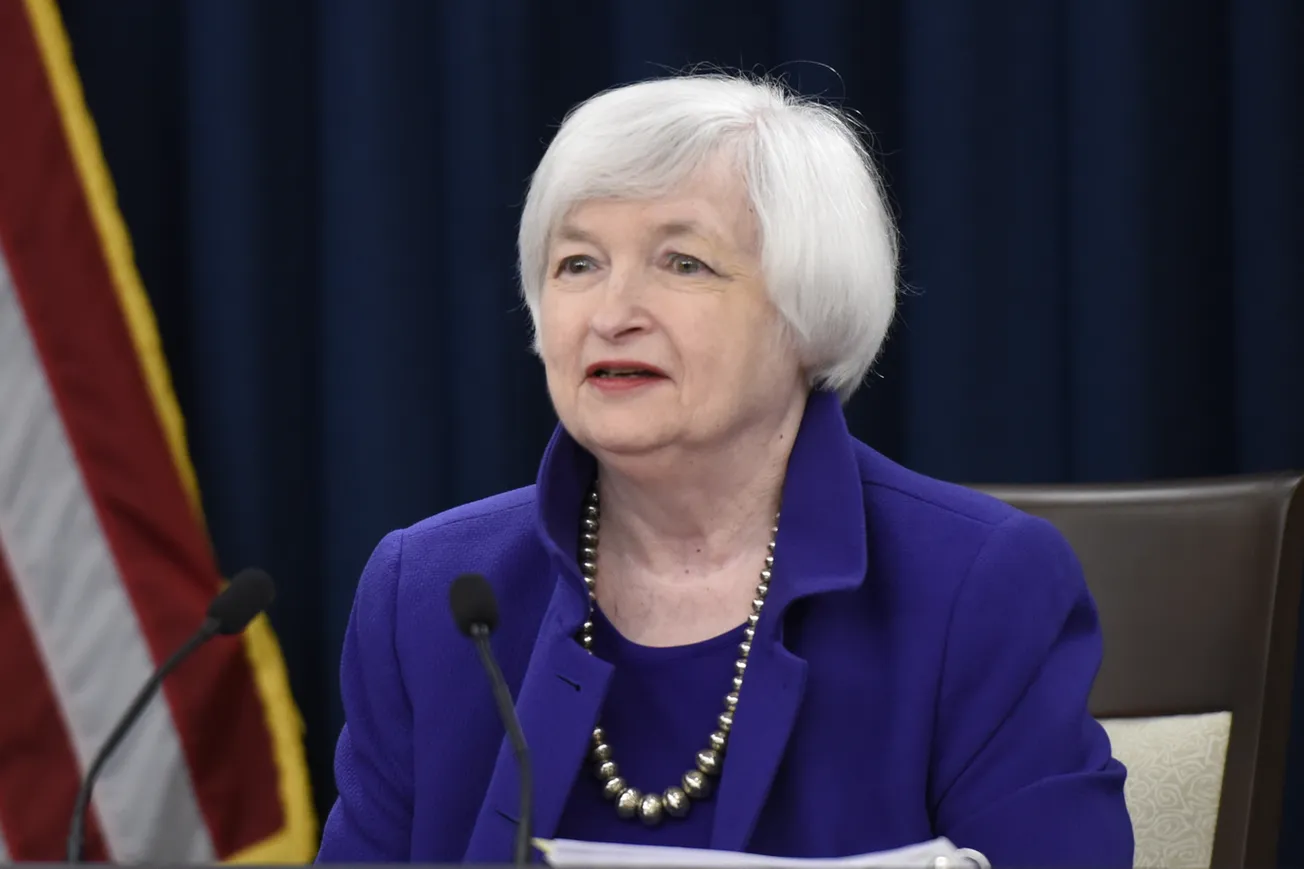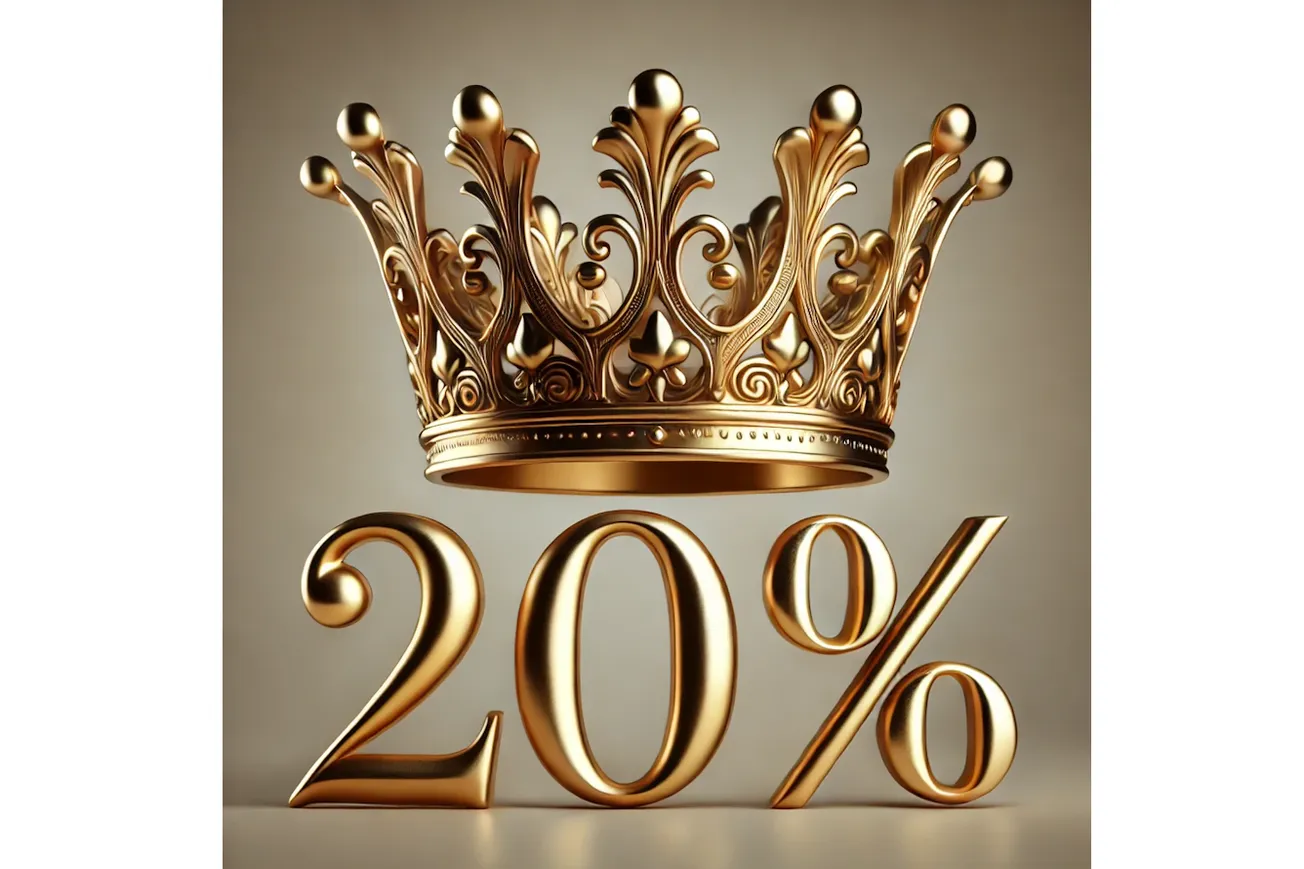By Kevin Van Elswy, The Mises Institute | March 18, 2024
The canary in the coal mine, is the consumer in our current economic period. We can still hear it, but it is growing weaker.
We clearly hear Janet Yellen telling us in a March interview that rapidly increasing credit card use by consumers is normative. Is it normative to use credit card debt to offset “transitory” inflation?
America has used credit to promote a recovery. Household debt rose to 17.5 trillion in the 4th quarter 2023. Debit and Credit card balances increased by $50 billion to $1.13 trillion over the quarter. The average credit card balance increased 10 percent for 2023. In 12 months, serious delinquency status on credit cards increased by 50 percent. Auto and car loans are transitioning into delinquency higher than pre covid levels.
The average credit card interest rate for the fourth quarter of 2023 is 22.75 percent. Slight upticks in credit card usage and accounts thirty days past due, added to declining credit scores should cause concern. Late credit card payments can shift interest rates to 29.99 percent, the most common penalty rate.
In 2023 14.5 percent of card holders applied for credit limit increases. Card users also received offers to increase their credit limit, or transfer and suspend the balances to another card in 2023. Many offered a premium for cashback or miles from the new card. Those offers have dried up. It is unclear how much available credit there is in the credit card market, a reasonable guess is another 1.3 trillion.
There are 570 million credit cards in America. Experian’s estimate is that the average American has four credit cards. The combination of many cards, with available credit for consumers pressed by inflation is both a life ring and a lead weight. Failure to pay promptly will increase interest rates. Paying only the interest creates larger debt to affect future credit ratings.
The Great recession in 2009 to 2010 saw an uptick in remortgaging homes and leveraging equity through Home Equity Loans. That has not materialized yet and may not happen as Refinance and HELOC interest rates for the current period are at eight percent. The Mortgage average rates remained below the current rate for twenty years ending 2022... Covid funds improved credit scores from 686 to 717 but dropped a point in 2023.
The largest credit card banks are Chase, American Express, Citi, and Capital One. 2021 credit charges grew 26 percent since 2020. Individuals will make the decision whether to increase debt, and further weaken the median household worth to purchase goods.
Chase and Citi report earnings April12th, a Friday. American Express and Capital One a week later. These dates are significant. If credit use for the first quarter increases, Bank set asides for debt increases, inflation continues, and credit ratings drop there will be no consumer canary to hear in 2024’s Stagflation.
Kevin Van Elswyk is a graduate of Wheaton College (Illinois) with a BA in Literature and a minor in Philosophy. He received an MBA from City University and has completed post grad and certification courses over his career. After 36 executive years with International Commercial Casualty & Risk Management Companies Kevin retired in 2018. Kevin is a 10-year adjunct associate professor most recently with University of Maryland’s Global Campus. He lives in Brookfield Wisconsin and happily has time to read, think, write, and wait for fishing season.
Original article link









